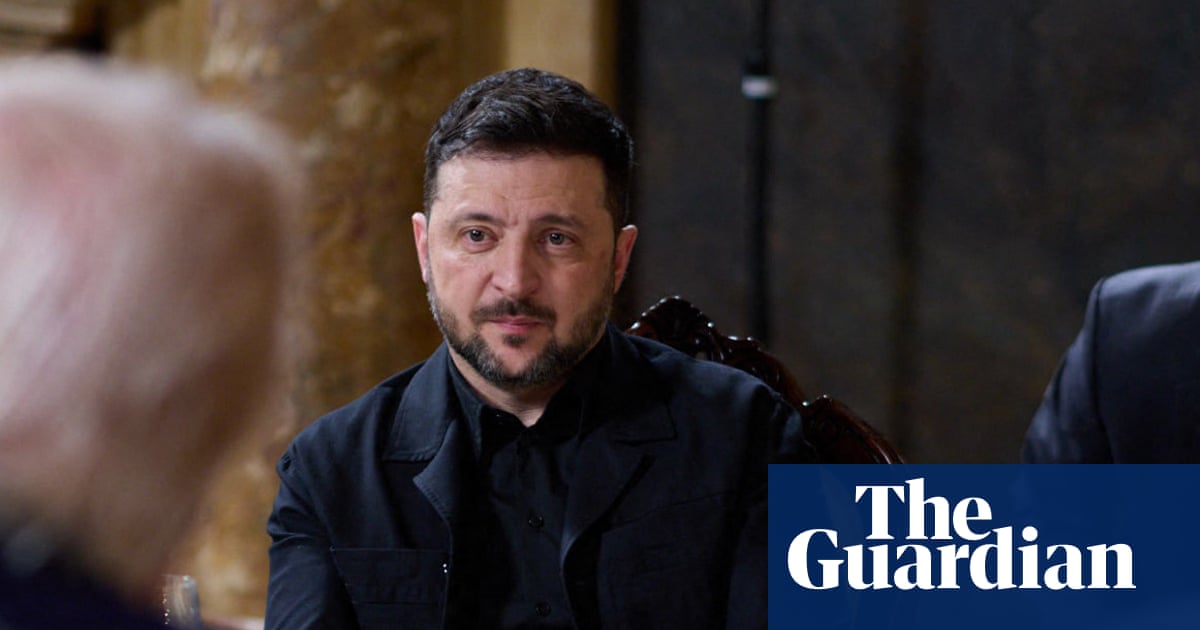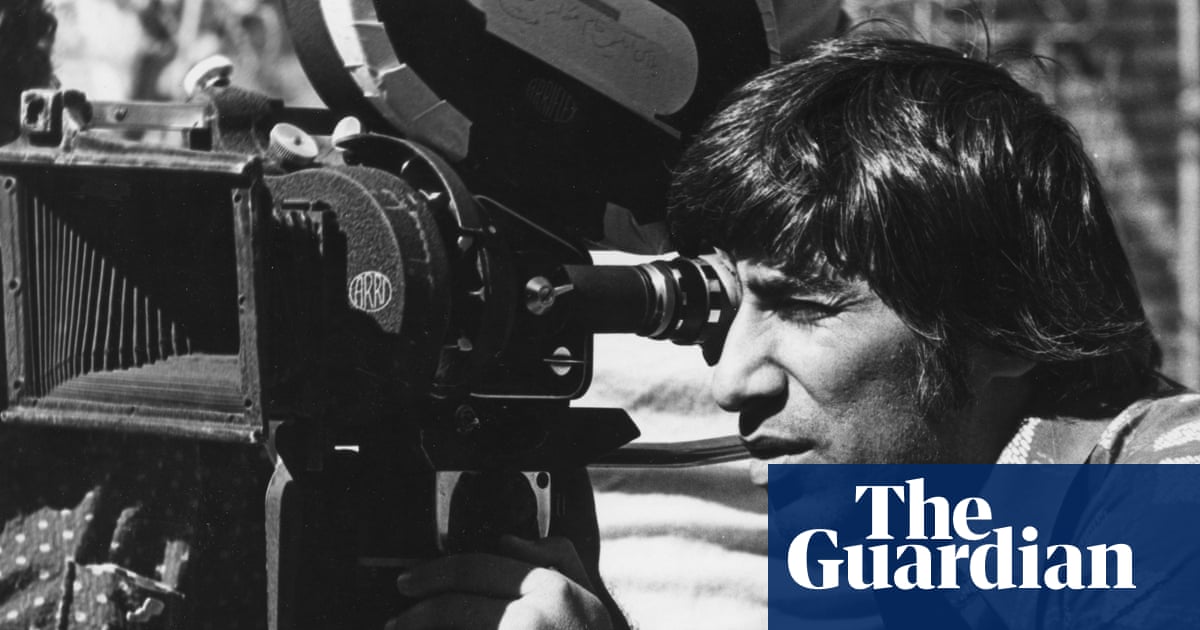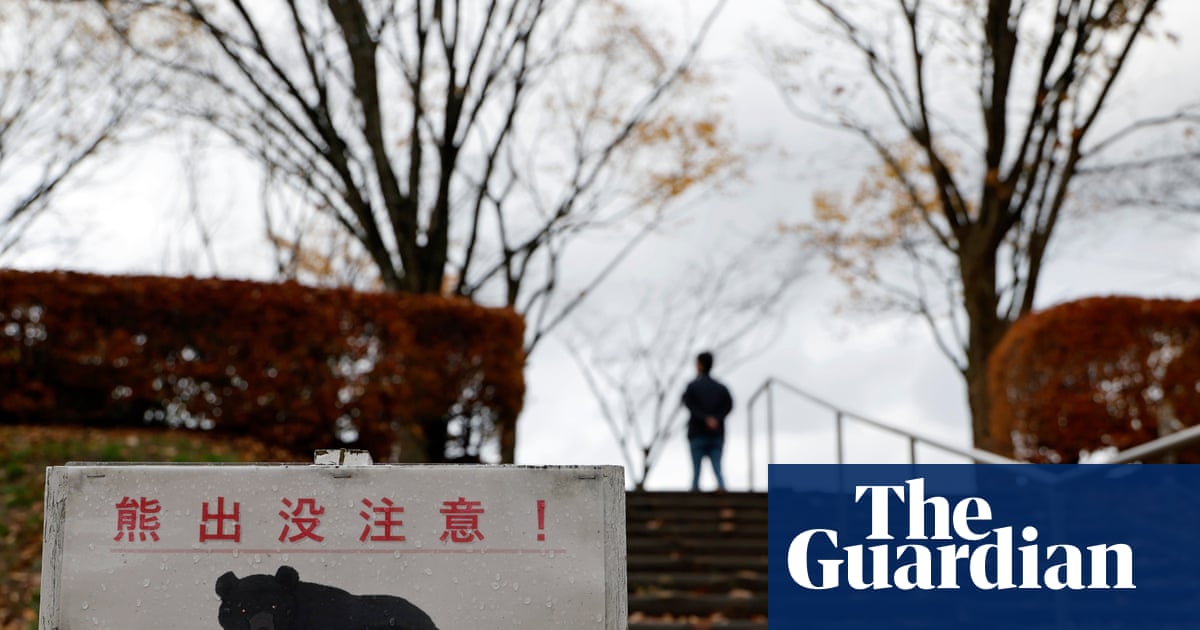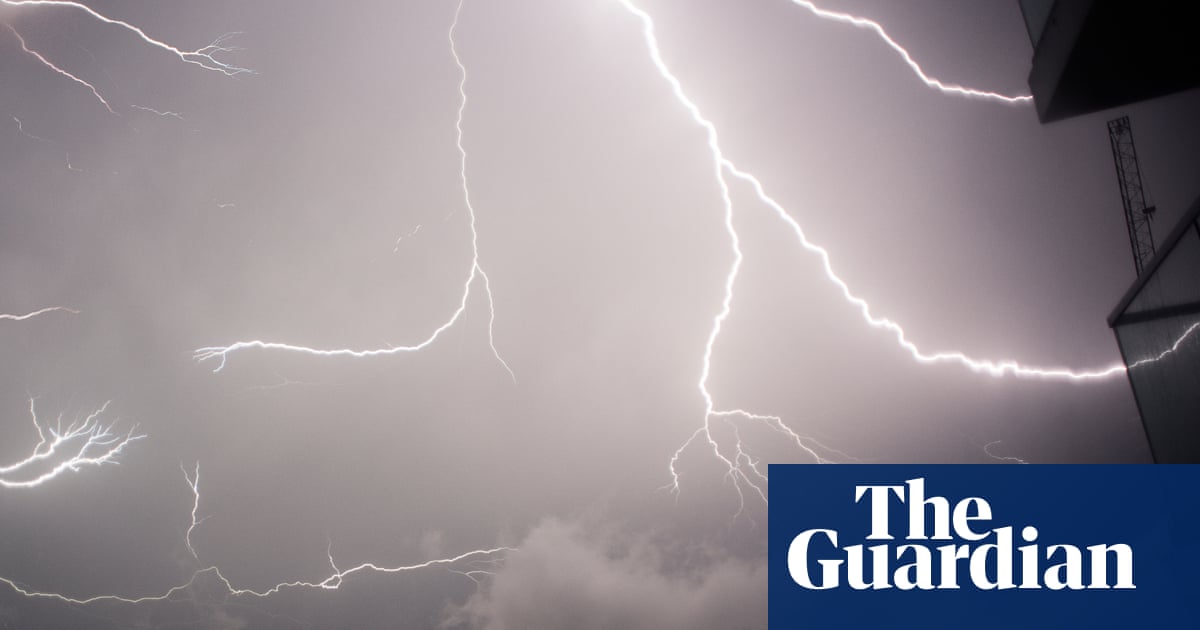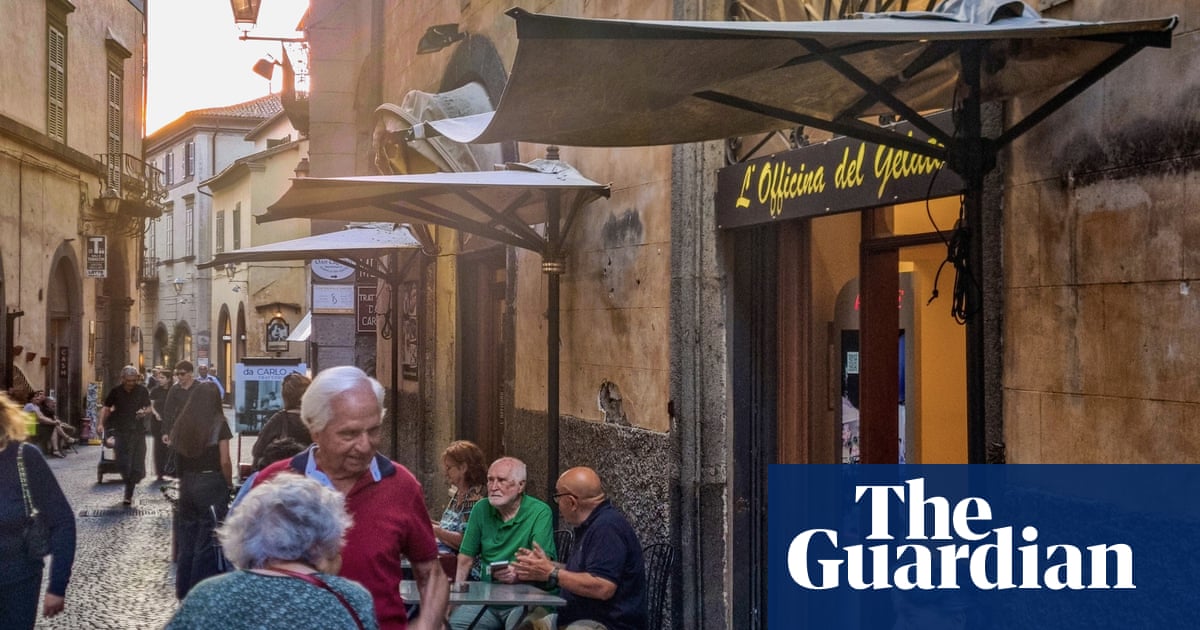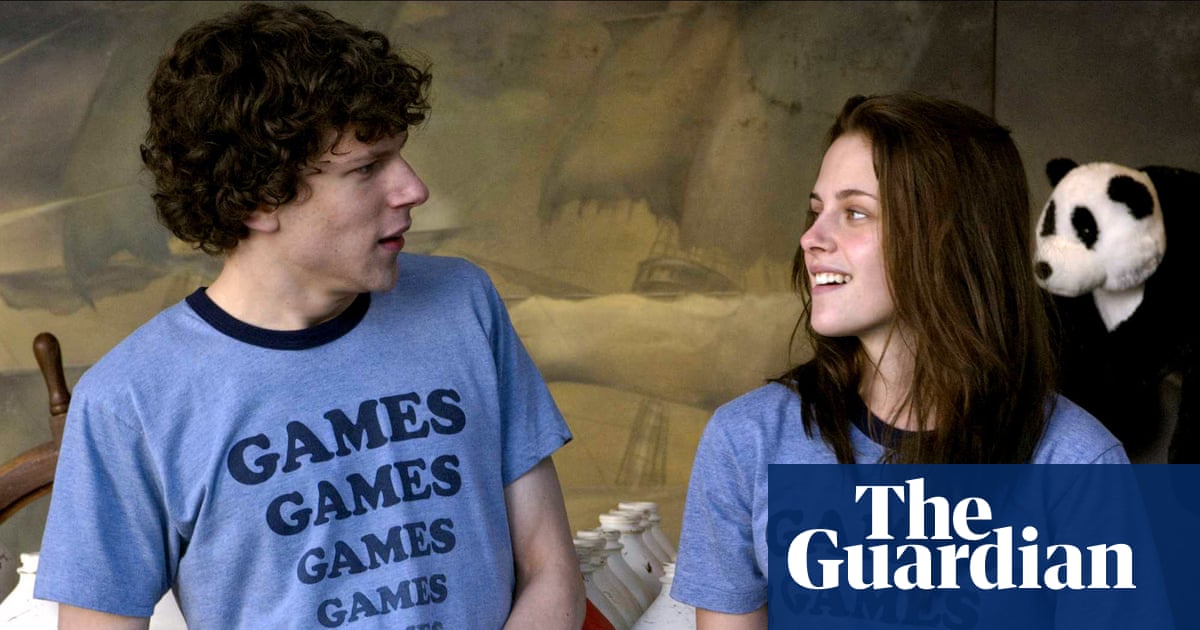After trips to space (2018’s High Life) and Nicaragua (2022’s Stars at Noon), the French director Claire Denis has returned to more familiar territory: post-colonial west Africa. Denis, who grew up in several Francophone African countries, has made several movies that inquire into the troubled heart of such places, and now reaches into that well again for her new film, The Fence. In some ways, the film is hallmark Denis, flinty and strange and sometimes inscrutable. But it is also a disappointment, a leaden film whose points Denis has made more convincingly elsewhere.
The Fence is based on a 1979 play by the late Bernard Marie-Koltès called Black Battles with Dogs. It tells the story of three white people living in a protected construction zone in a rural part of an unnamed west African nation. A fatal accident, or something more sinister, has just happened on the work site and the brother of the deceased comes to claim the body. At the same time, the young wife of the site’s foreman has arrived from abroad to stay for a while, rippling the waters of this treacherous, masculine ecosystem. Denis has updated the setting and added some modern geopolitical context, but the theatrical origins of The Fence are felt throughout, to bad effect. This is, perhaps, one play that should have stayed a play.
In Denis’s version of events, the foreigners are British and American, rather than French. Matt Dillon plays Horn, who is running the vaguely described construction project until a Chinese concern moves in and takes things over. His lieutenant is a friend from his oil industry days, Cal (Tom Blyth), who is bored and rash and may have done something terrible to a Black worker on the site. A past incident has maimed Horn in a particularly sensitive part of his body, but during his recovery at a London hospital, he met a nurse’s assistant, Leonie (Mia McKenna-Bruce), and the two fell in love. They’ve just gotten married and Leonie is coming to live at the desolate, heavily guarded facility. Further disturbing matters is a local man, Alboury (Isaach de Bankolé), who waits on the other side of the barbed wire fence that surrounds the site, asking for the return of his brother’s remains.
It’s a compelling set-up, but Denis does not do nearly enough to distinguish her film from the play. The dialogue is stilted and melodramatic, which forces the actors into the same mode. It’s an odd thrill to see Dillon in a French master’s art film (just as it was to see him as the lead in Lars von Trier’s The House That Jack Built), but he is hampered by the stagey quality of the material. He tries his best to make it all sound natural, but too much of the strain is visible. Blyth, a pouting pretty-boy from the world of The Hunger Games, effectively renders Cal’s deteriorated moral center, but he too is eventually corralled into histrionics. McKenna-Bruce, who burst on to the scene so forcefully in 2023’s How to Have Sex, struggles to make her thin character anything more than a mere plot device. Only De Bankolé seems fully in sync with the film, deftly navigating the poetic lilt of his dialogue.
There’s not much of a plot to speak of, as the film is mostly one seemingly unending argument about the handling of a dead body. Larger themes are gestured toward or briefly tangled with, but not in any way that matches the bracing resonance of Denis’s similarly toned 2009 film White Material. The film is, frankly, rather dull. Whatever fires Denis is trying to stoke never catch – not the intended air of dread, not the tingle of sexual transgression, not the creep of old history now demanding to be reckoned with. The Fence is frustratingly opaque and often grating. When some actual fireworks go off, the moment almost plays as a meta joke about the picture’s utter lack of the metaphorical kind.
That said, this is still a Denis film, and thus there is some supple, shrewd artistry to appreciate. Denis creates a palpable sense of place, letting us feel the grit of dust and dirt, enveloping us in a darkness teeming with terrible potential. She frequently cuts to the heavily armed men on watch in the facility’s guard towers, their faces barely visible in the night, figures of both protection and potential menace. They are, in some senses, a kind of Greek chorus, observing, and only occasionally commenting on, an unfolding tragedy of grief and villainy and reprisal. Here Denis manages a persuasive idea, a consideration of what it may be to bear witness to a centuries-long parade of rapacious and ruinous outsiders who come scraping across your land. By the film’s grim end, it is woefully clear that they will be standing that doleful vigil for many years to come.
-
The Fence is screening at the Toronto film festival and is seeking distribution

 3 months ago
86
3 months ago
86
